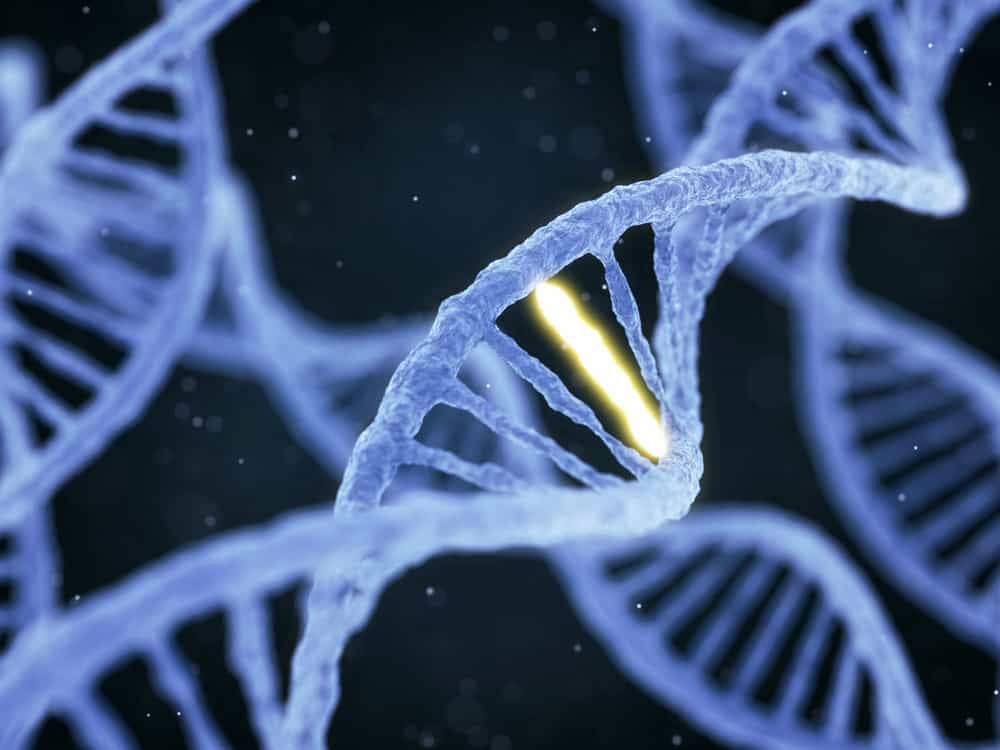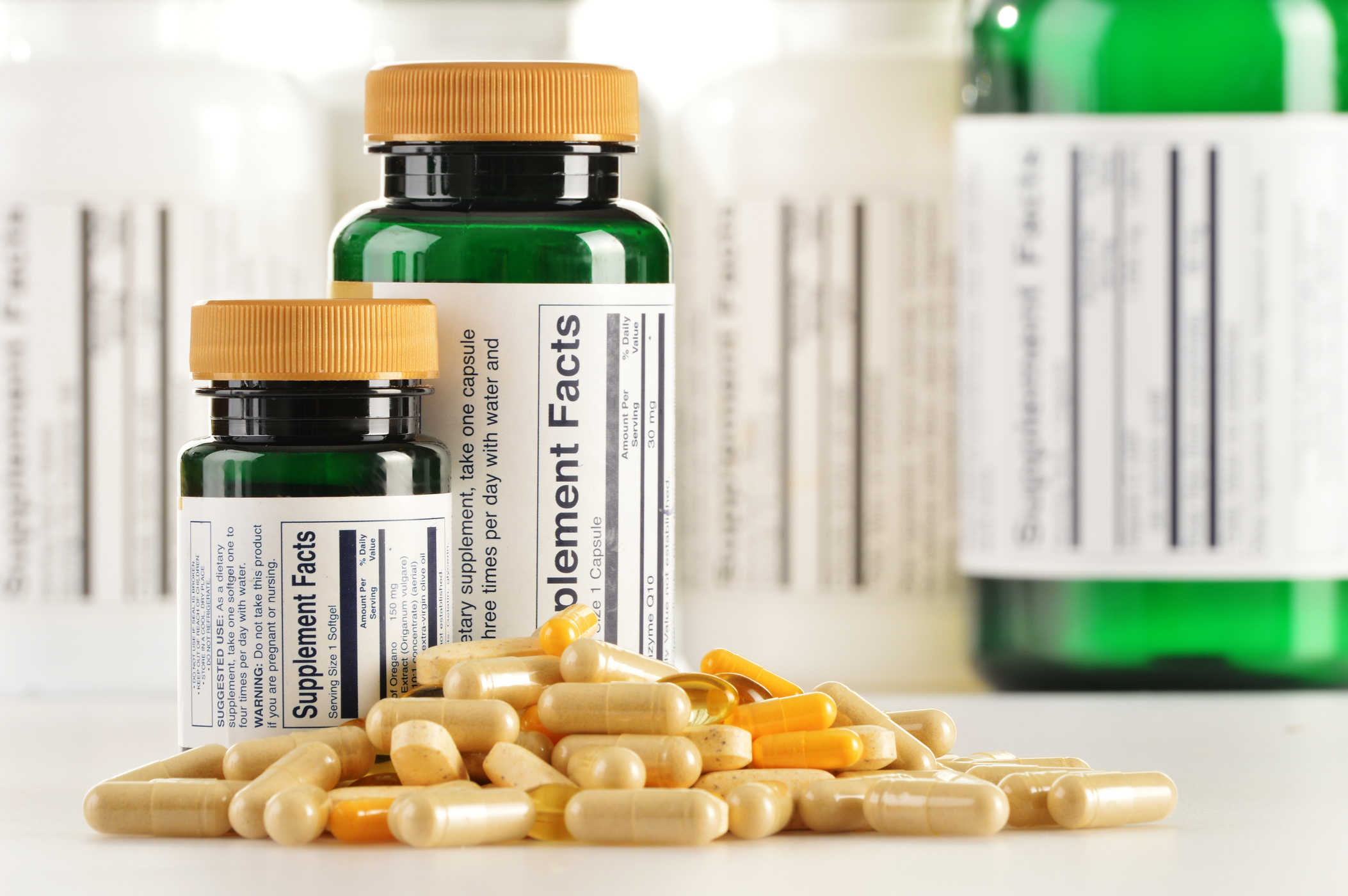Contents:
- Medical Video: How do ACE inhibitors work?
- What should I know before undergoing angiotensin converting enzyme (ace)?
Medical Video: How do ACE inhibitors work?
Definition
What is angiotensin converting enzyme (ace)?
Angiotensin-converting enzyme test is used to detect and observe the development of sarcoidosis. Sarcoidosis is an inflammatory disease characterized by the presence of granulomas in the organs of the body and tissue under the skin. In patients with sarcoidosis, the cells around the granulomata will continue to secrete ACE so that the concentration of this enzyme will increase in the blood.
An increase or decrease in ACE levels can indicate the development of this disease. In addition, doctors also use the ACE test to evaluate how effective corticoid drugs are in treatment. In addition to the ACE test, the doctor will perform other tests such as AFB or a test to examine fungal infections. Similar to sarcoidosis, fungal infections also cause granuloma so the initial diagnosis can be wrong.
When do I have to undergo angiotensin converting enzyme (ace)?
An ACE test is needed if you show symptoms of sarcoidosis such as:
- granuloma
- shortness of breath or chronic cough
- inflammation of the eye
- arthritis
This disease generally attacks adults aged 20-40 years. If you have sarcoidosis, this test may need to be done to check the progress of your disease.
Prevention & warning
What should I know before undergoing angiotensin converting enzyme (ace)?
Various factors that can influence test results include:
- patients under the age of 20 usually have high ACE concentrations
- hemolysis or increased lipids in the blood can reduce ACE concentration
- some drugs such as antihypertensive drugs can reduce the level of ACE. This drug inhibits the enzyme that converts angiotensin and steroids
Pay attention to warnings and precautions before undergoing this treatment. If you have questions, please consult a doctor for further information and instructions.
Process
What should I do before undergoing angiotensin converting enzyme (ace)?
Your doctor will explain the whole series of tests. Basically, this test is a blood test. There is no special preparation before undergoing this test.
You are recommended to use short-sleeved clothing to make it easier to take blood samples from your hands. Before doing this test, you don't need to fast.
What is the process of angiotensin converting enzyme (ace)?
The medical personnel who are in charge of taking your blood will take the following steps:
- wrap an elastic belt around your upper arm to stop the blood flow. This makes the blood vessels under the bond enlarge making it easier to inject needles into the vessels
- clean the part to be injected with alcohol
- inject a needle into a vein. More than one needle may be needed.
- attach the tube to the syringe to fill it with blood
- remove the ties from your arms when taking blood is enough
- attach gauze or cotton to the injected part, after the injection is finished
- put pressure on the part and then put on a bandage
What should I do after undergoing angiotensin converting enzyme (ace)?
Some people may feel pain when a syringe is inserted into the skin. But for most people, the pain will gradually disappear when the needle is right in the vein. Generally, the level of pain experienced depends on the expertise of the nurse, the condition of the arteries, and a person's sensitivity to pain.
After going through the process of taking blood, wrap your hands in a bandage. Press the vein slowly to stop bleeding. After doing the test, you can do activities as usual.
If you have questions about the test process, please consult a doctor for further instructions.
Explanation of Test Results
What do the test results mean?
Normal
Located in the range: 8-53 U / L
Abnormal
When ACE concentration causes:
- sarcoidosis
- gaucher
- tuberculosis
- leprosy
- alcoholic cirrhosis
- Hodgkin's disease
- marrow cancer
- diopathic pulmonary fibrosis
- diabetes
- primary cholesteric cirrhosis
- amyloidosis
- hyperthyroidism
- scleroderma
- pulmonary embolism
The normal range for angiotensin-converting enzyme test can vary depending on the laboratory you choose. Discuss with your doctor if there are questions about your test results.
Hello Health Group does not provide medical advice, diagnosis or treatment.











